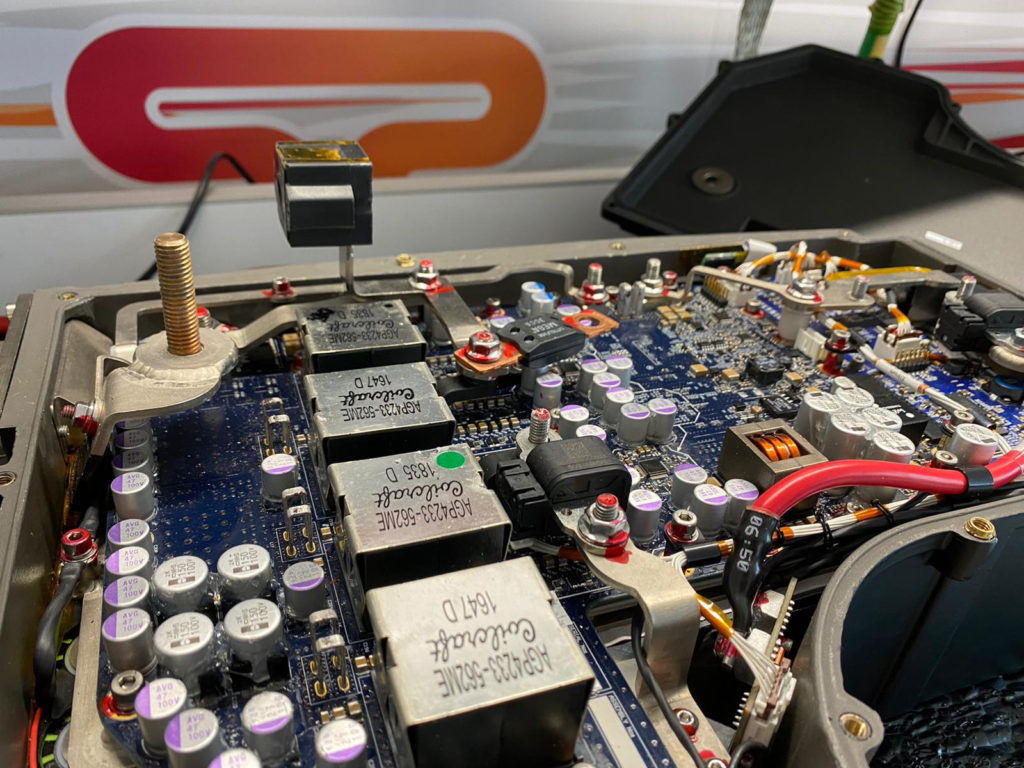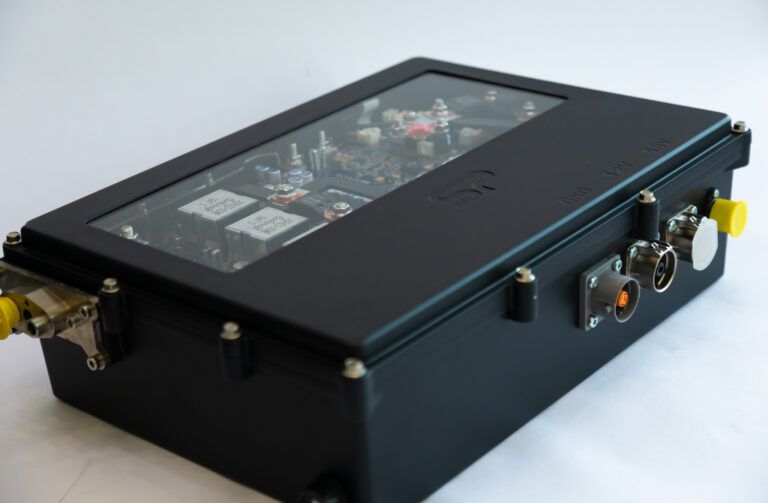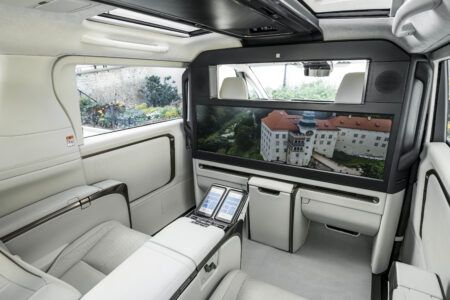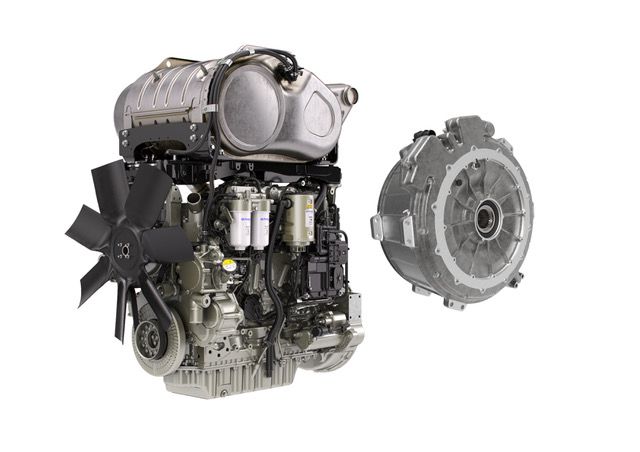Sprint Power, a leading British technology company specializing in low carbon tech, including electrified propulsion systems, power electronics and battery systems, has launched a Power Module Unit (PMU) that combines a split 48V and 12V power system. Its design, which houses together all key components in one compact package, will enable carmakers to make significant space and weight savings when compared to existing solutions.
Originally designed for an upcoming supercar being manufactured by a global OEM, Sprint Power’s PMU has been designed specifically for vehicles that feature both 48V and 12V systems. The product can automatically draw energy from both power outputs simultaneously. The PMU has been designed to be incorporated in a range of different applications including mild-hybrid (MHEV) vehicles, while external charging capabilities also allow for future plug-in applications.

Sprint Power’s PMU houses a 48V and 12V battery, a DC/DC converter and a Battery Management System (BMS), all of which are efficiently packaged within a compact case featuring shared paneling and integrated heating and cooling systems. By packaging all of these components efficiently together in a single unit, carmakers can free up significant space within the powertrain compartment compared to packaging these components individually. As a result, Sprint Power’s PMU measures just 440 × 320 × 130mm.
The L-shaped product houses 110 cells positioned along the bottom of the unit for the integrated 48V and 12V battery. Fast-acting heating and cooling systems are integrated directly within the module, with heating elements placed between each cell along with thermo couples to lock in the temperature across the pack. Cooling plates ensure the system will not overheat and will remain at the optimum operating temperature. Positioned alongside the DC/DC converter is the BMS, the design of which ensures the module’s cells operate safely while communicating directly with the vehicle’s control systems. Software updates and diagnostic checks can be carried out throughout the life of the system.
Sprint Power’s PMU has been designed from the outset to be as light as possible. While existing solutions require separate units featuring individual harnesses, housings and connectors, significant weight savings have been achieved by combining all components into one PMU. While removing the need for various components has reduced weight, Sprint Power also paid close attention on using lightweight, yet durable materials and components.
Instead of using a conventional wiring harness, Sprint Power’s PMU uses flexible printed circuits for improved packaging benefits and weight savings. Elsewhere, the unit’s case is made using injection molded carbon composite due to the material’s ability to combine lightness with strength, while aluminum is used instead of copper for the PMU’s bus bar arrangement to save further weight. This attention to detail has resulted in the entire PMU weighing less than 15kg.
Richie Frost, founder and CEO at Sprint Power said: “The global need to tackle climate change is leading to the electrification of many forms of mobility, but the size and mass of
electrical componentry today can often be a limiting factor. By integrating all of the key components into a single PMU, Sprint Power’s highly experienced team have delivered a product that will further reduce the weight, size and complexity of systems designed for the latest generation of electrified transport.”





